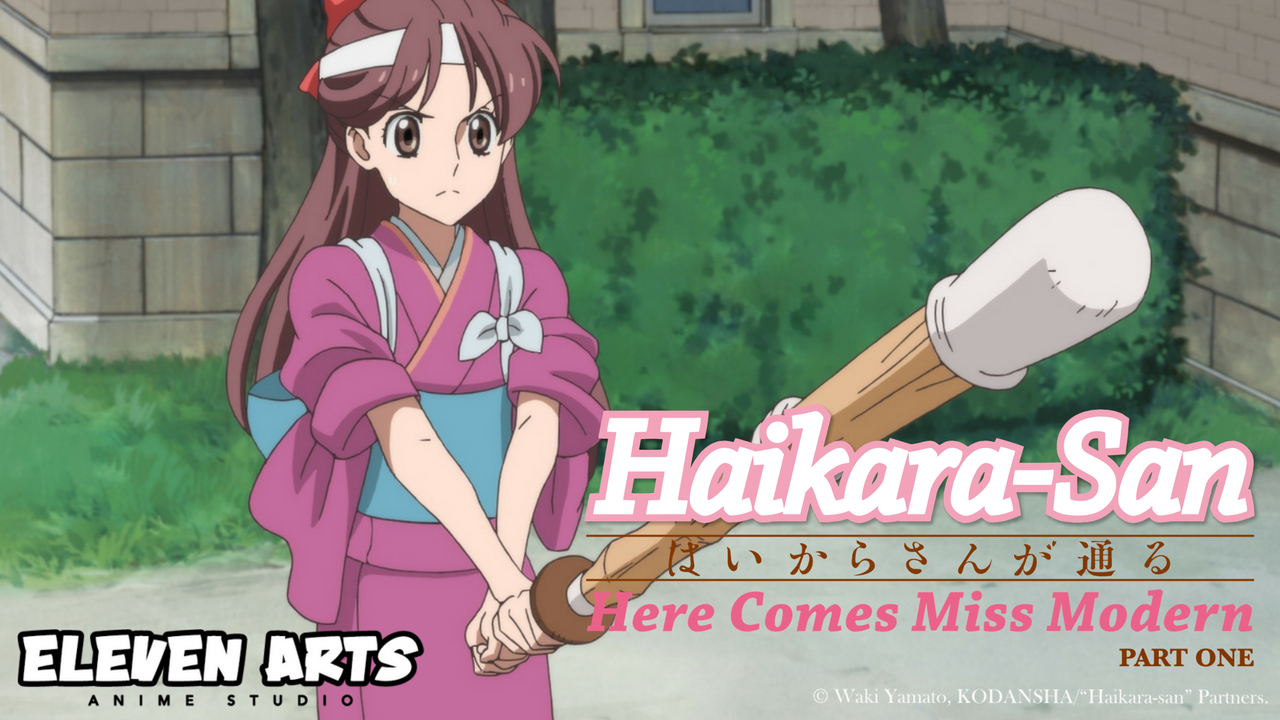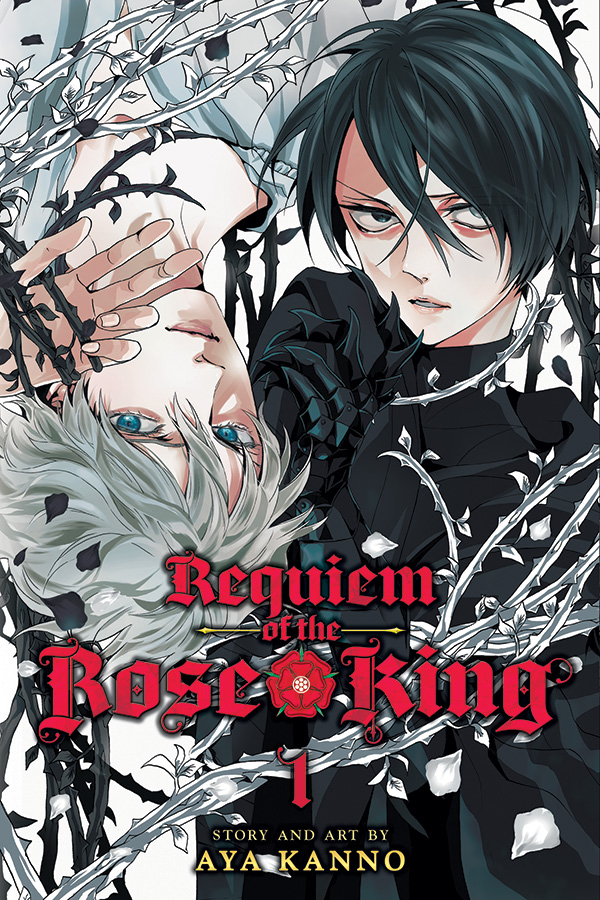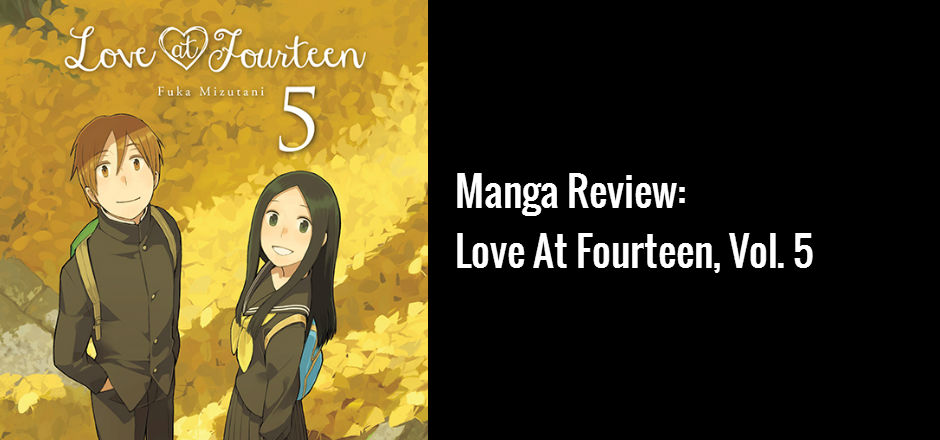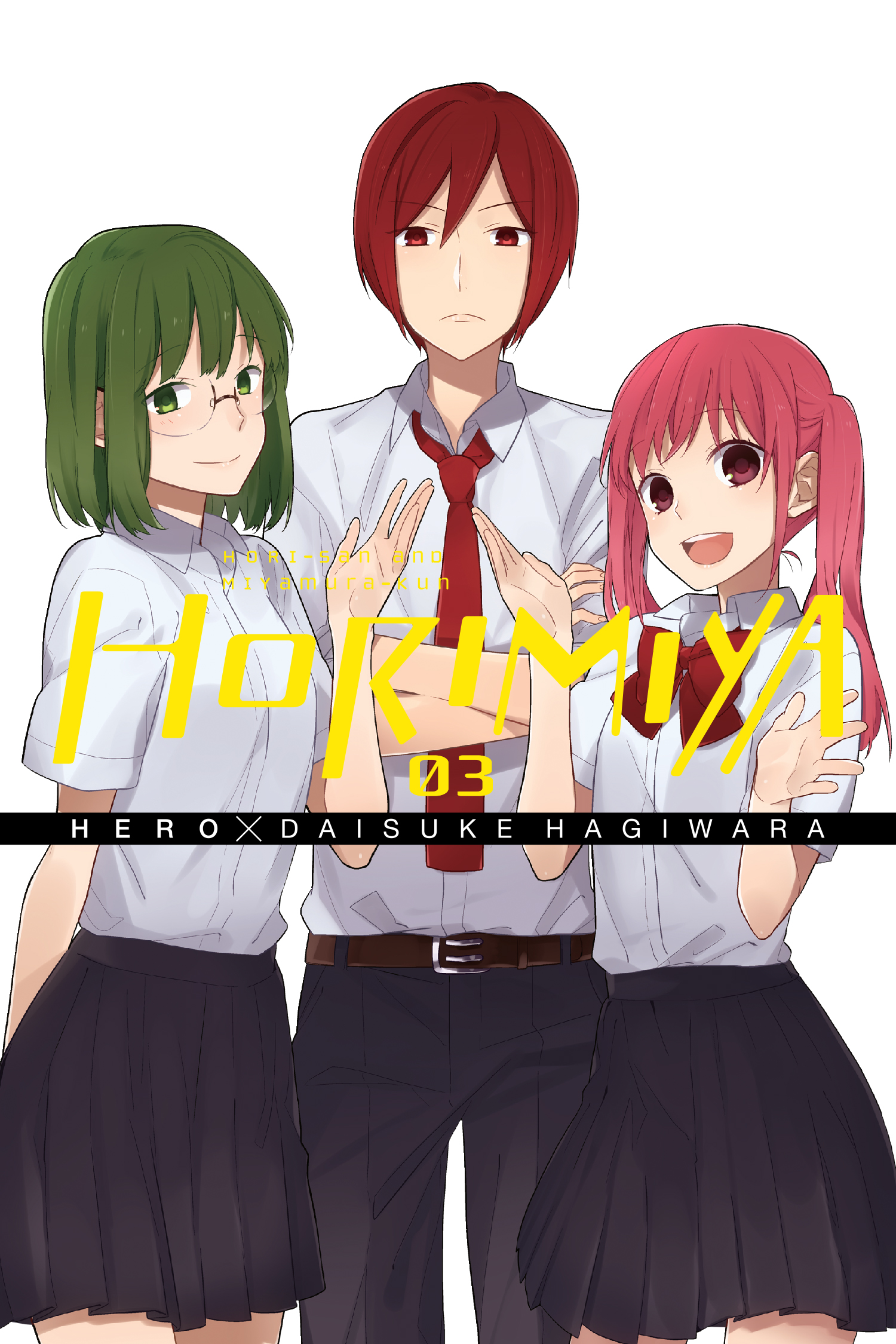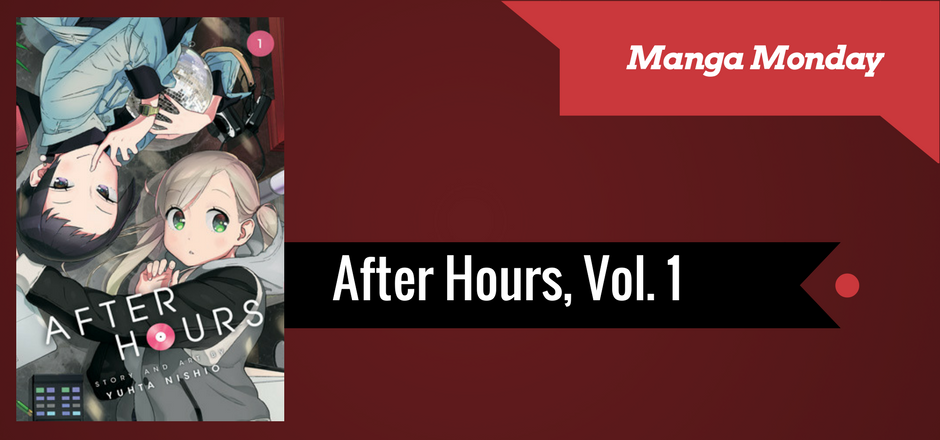During the Taisho era, Benio Hanamura is a boisterous and quarrelsome tomboy who leads a life of kendo and tree–climbing adventure with her best friends Tamaki and Ranmaru. Benio determines to find love on her own, though her family has other plans: they’ve arranged her marriage to Shinobu Ijuin, a military officer who immediately ruffles her feathers.
Despite her attempts to thwart the arranged marriage, Benio finds herself falling for Shinobu–but with war on the horizon, Shinobu enlists to fight the Russian army, and Benio must continue on her journey to modern womanhood, with no guarantee that her fiancé will return.
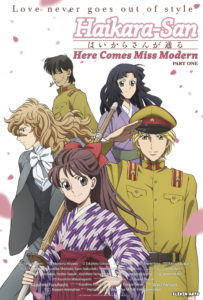
©2017 Waki Yamato, KODANSHA/“Haikara-san” Partners. All Rights Reserved.
The first of Eleven Arts’ Summer 2018 releases is a surprisingly feminist take on a young woman’s journey into adulthood when her father informs her that her marriage has been arranged.
Benio Hanamura declares herself a “modern woman” at the start of the film who will choose her own husband and her own path in life–despite the fact that this declaration is made with the friends she’s made in finishing school, where she’s to learn how to become a good wife. Her plan is thwarted at the appearance of Shinobu Ijuin, the man her grandparents and parents arranged her marriage to before she was even born.
I was surprised by Haikara-San’s emphasis on Benio’s burgeoning sense of feminism and independence, despite knowing the film would focus on her arranged marriage. The film, based on Waki Yamato’s manga of the same name, is set during the Taisho era–1912 through 1926–which the Japan Times describes as “Japan’s Jazz Age.” In the overlapping American Roaring Twenties period, novelty and a new sense of modernity ushered in as Americans broke with traditions and conventions that had previously defined them.
In this way, Haikara-San will feel familiar to American viewers: Benio is a teenager coming of age during this turbulent era, and just as American coming-of-age stories set in the Roaring Twenties punctuate or accelerate with the advent of the Great Depression after the 1929 stock market crash, Benio’s coming of age intersects with Shinobu’s deployment during what is likely the 1918-1922 Japanese intervention in Siberia. It’s Benio’s first encounter with war–and after Shinobu’s departure, she’s forced to grow into womanhood even faster.
Most fascinating is the way Haikara-San balances Benio’s independence and desire for modernity with tradition and her duty to her family. In comparable stories, young women either completely abandon tradition and duty or lose their own identities to those traditions and duties, but Benio’s story takes a different path. While she does eventually submit to her duty to marry Shinobu–in part because of Shinobu’s interpretation of what an arranged marriage means–Benio still pushes for modernity in her own way, from fighting an absurd archaic punishment to insisting on respect for herself and other women.
While I have a few concerns about the complexity of the balance between duty and identity in the film, Haikara-San is a fresh type of historical romance that will appeal to contemporary viewers. I would definitely recommend seeing the film with a friend: this movie will absolutely prompt conversations about independence, respecting or departing from traditions, and what it means to be a modern woman.
Haikara-San will screen theatrically across the U.S. and Canada in Japanese with English subtitles. A dubbed English version will also be available starring Mimi Torres (Sleeping Dogs, Fallout 4) as the voice of Benio and Robbie Daymond (A Silent Voice, Sailor Moon) as the voice of Shinobu.
Find a screening of Haikara-san: Here Comes Miss Modern in your area via the Eleven Arts website.
[coffee]
